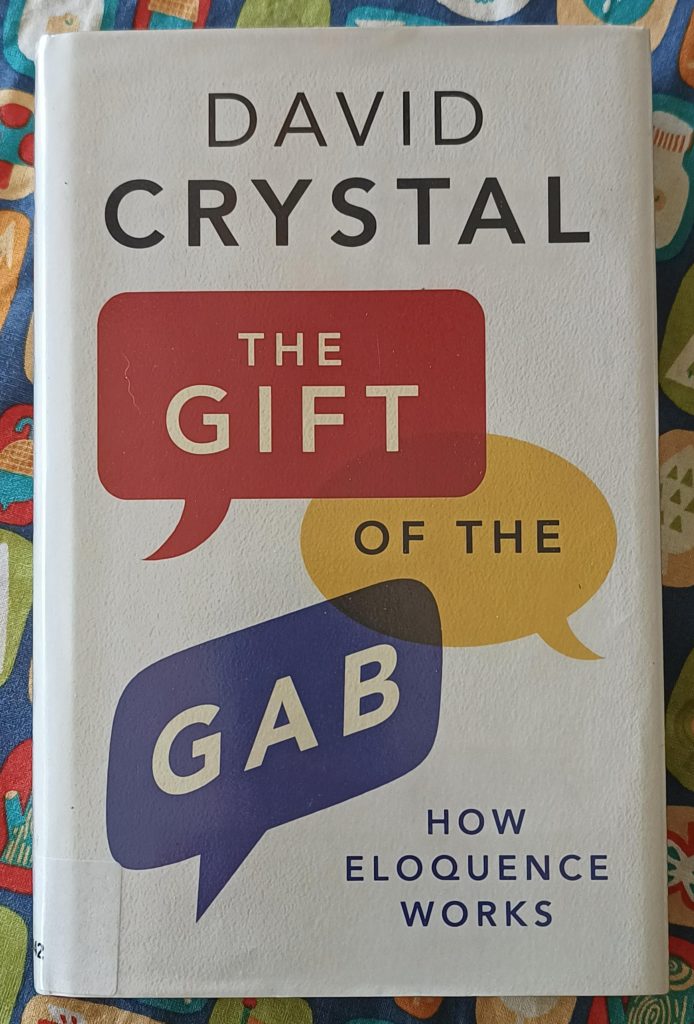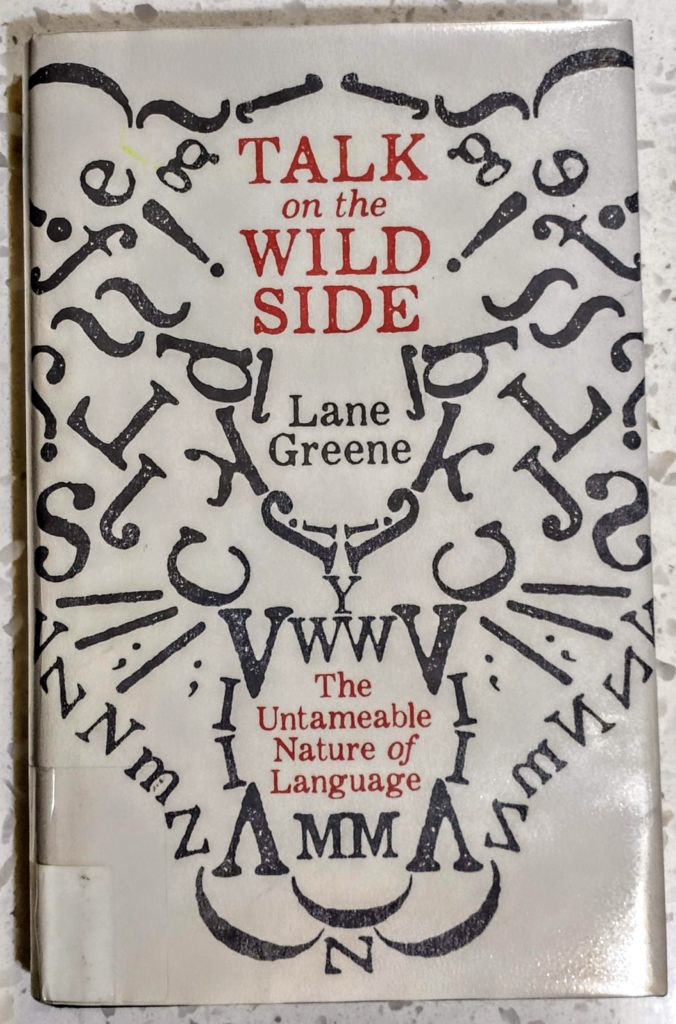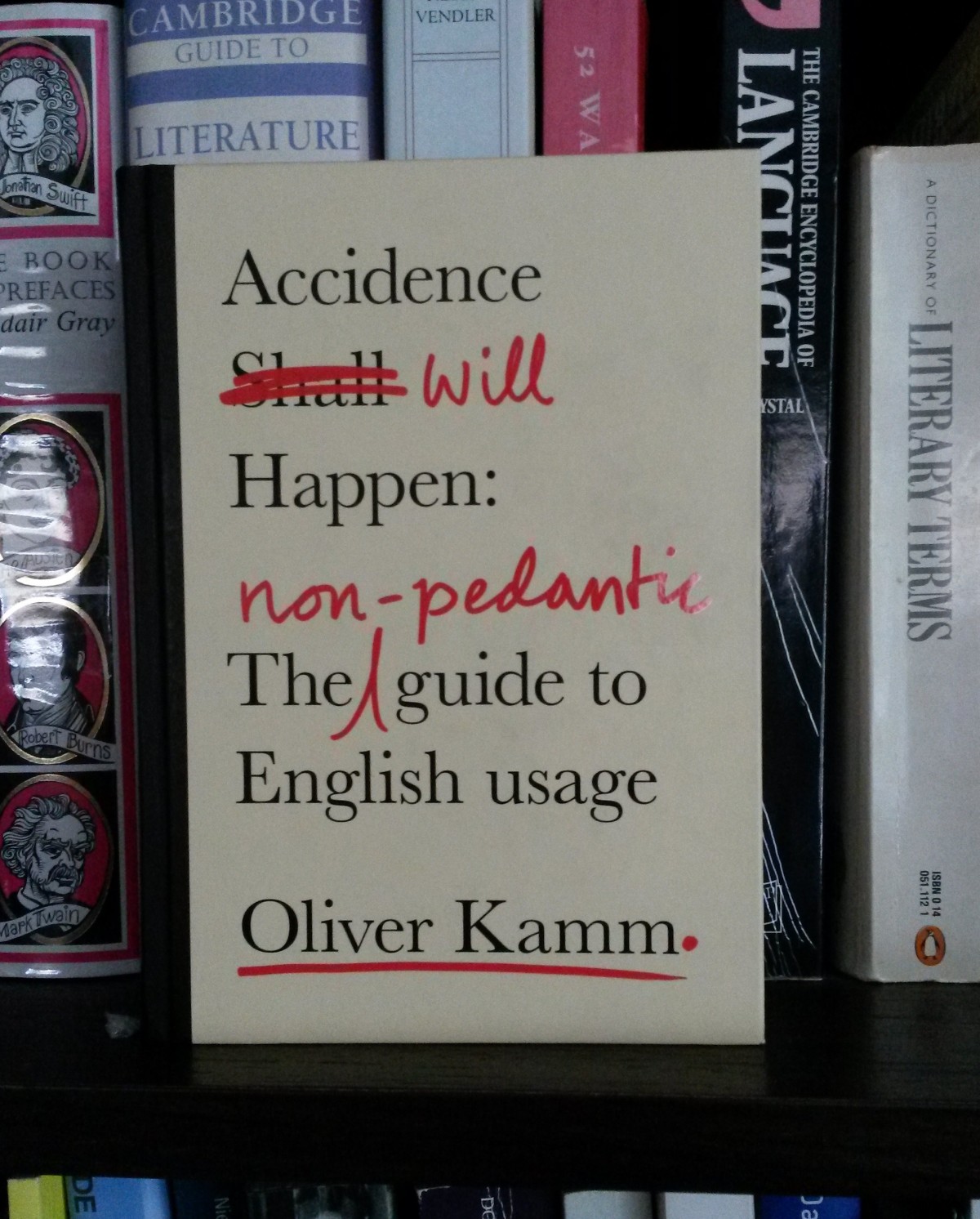
This is a pretty good guide to effective public speaking – its centrepiece is a very detailed analysis of Barack Obama’s “Yes We Can” speech from 2008. Actually I didn’t like it as much as I thought I would – somehow I was expecting something less prosaic from the author of The Cambridge Encyclopedia of Language, “the most exciting, readable and comprehensive book on language ever written”. Still, this book does have lots of good advice and some useful tips if you are giving speeches or making presentations. But if you’re not, maybe just dip into The Cambridge Encyclopedia of Language instead.

 In this book, Oliver Kamm attempts to explode a few myths about English usage, and set out sensible guidelines for literate writing. He gives interesting historical background notes and examples for many of his points, so the book is useful and well worth reading. But even though he chides “sticklers” for their insistence on idiosyncratic rules, his own rules and suggestions are themselves quirky and inconsistent. This makes the book a bit frustrating to read. It’s fun if you enjoy arguing with books though.
In this book, Oliver Kamm attempts to explode a few myths about English usage, and set out sensible guidelines for literate writing. He gives interesting historical background notes and examples for many of his points, so the book is useful and well worth reading. But even though he chides “sticklers” for their insistence on idiosyncratic rules, his own rules and suggestions are themselves quirky and inconsistent. This makes the book a bit frustrating to read. It’s fun if you enjoy arguing with books though.